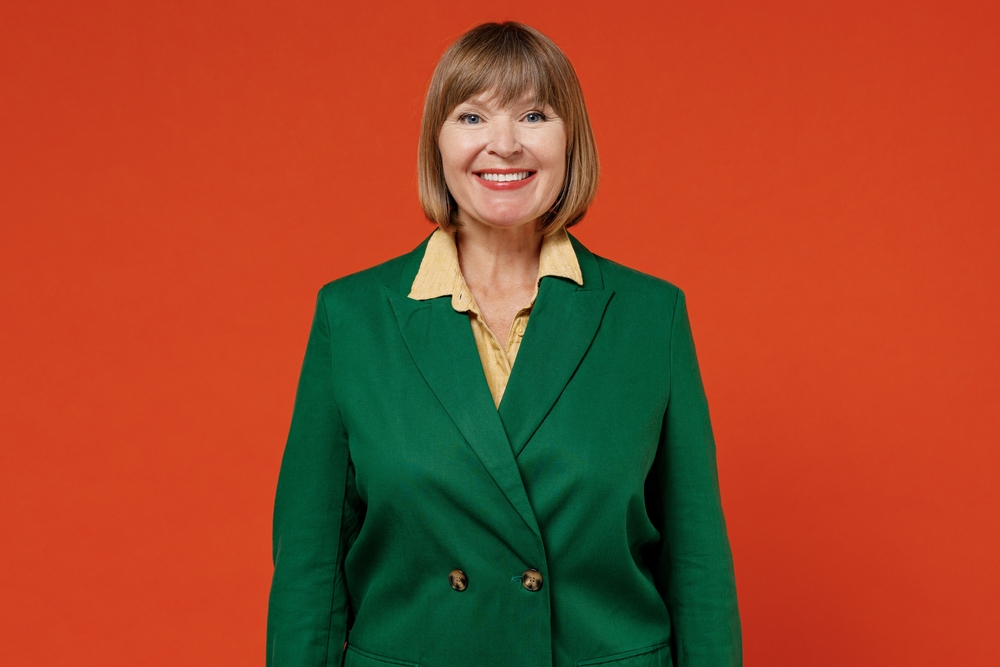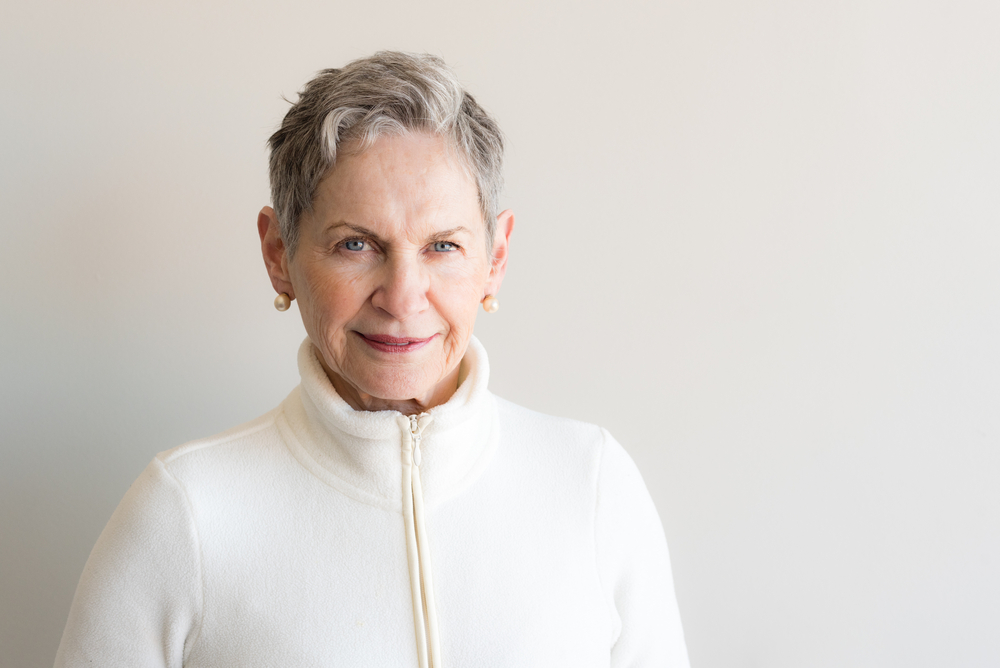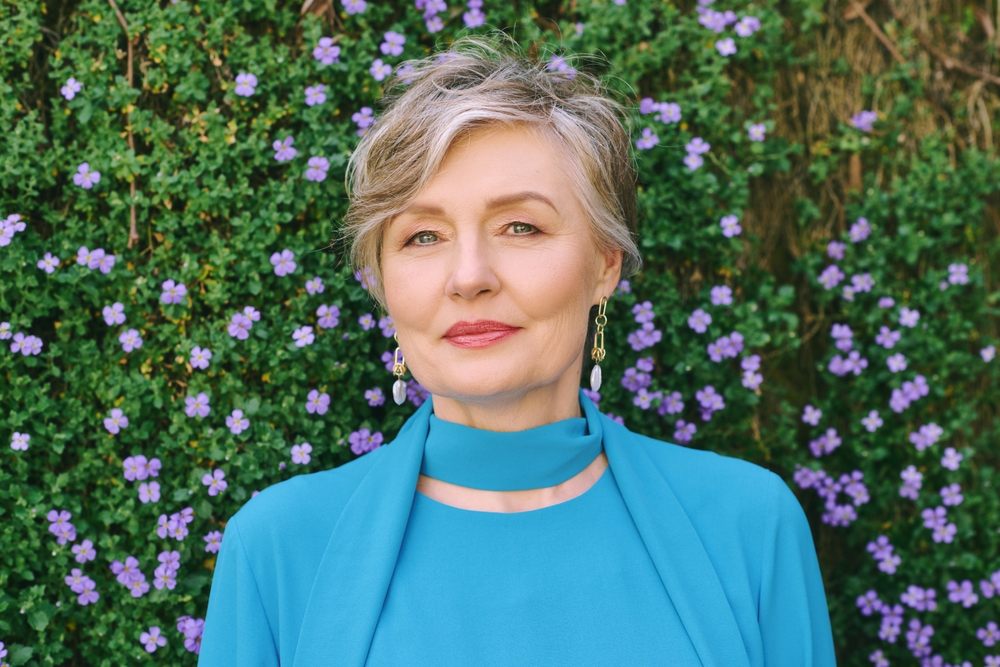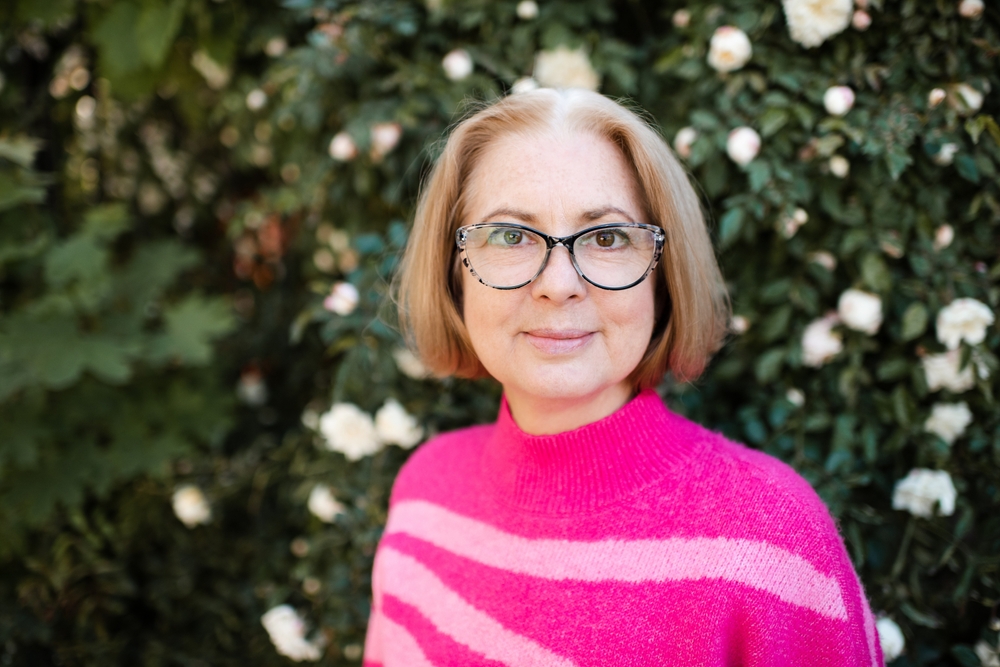Dating in your 40s, 50s, or 60s isn’t just a second chance—it’s a whole different sport. You’re not the same person you were in your twenties, and yet, many of us still date like we’re chasing validation or chasing a timeline. Mid-life dating should feel like freedom, not an exhausting audition. It should be a space where authenticity thrives and clarity replaces chaos. But often, we’re unknowingly recycling patterns that no longer serve us.
Here’s the hard truth: if you keep bringing old mindsets or people-pleasing habits into new relationships, you’ll stay stuck in disappointment. Growth doesn’t happen just because years passed—it happens when you choose differently. These 13 unexpected habits might be sabotaging your love life without you realizing it. If you’re ready to date with depth, it’s time to unlearn the rules you didn’t even know you were following.
1. You Lead With Your Resume, Not Your Energy

You’re quick to mention your job, your house, your travel history, your grown kids. You think it shows stability—but it often reads as emotionally unavailable. Your date doesn’t want your LinkedIn bio—they want your presence. When you lead with credentials, it creates distance instead of connection. People fall in love with your essence, not your assets.
If you’re trying to impress before you connect, you’re selling a brand, not building a bond. Attraction lives in energy, not bullet points. Sharing who you are, not just what you’ve done, creates intimacy. Save the résumé for interviews and show up with warmth instead. The right person isn’t keeping score—they’re looking for soul.
2. You Think Chemistry Should Happen Immediately

You swipe left if there’s no spark in the first five seconds. You ghost if the first date doesn’t blow your mind. But real compatibility at this stage of life isn’t a lightning bolt—it’s a slow burn. Attraction that builds gradually tends to be more emotionally sustainable. Chemistry isn’t just electricity—it’s safety, laughter, and emotional resonance.
Many people confuse anxiety with attraction. That quick flutter might actually be your nervous system warning you, not wooing you. Give curiosity a chance before writing someone off. As BetterHelp explains, long-term compatibility often emerges from mutual understanding, not instant sparks. Patience isn’t settling—it’s smart dating.
3. You’re Still Trying To Be “Low Maintenance”

You downplay your needs to seem easygoing. You avoid being “too much” or “too picky.” But hiding your truth to make someone comfortable is a fast track to resentment. Pretending you don’t care when you do doesn’t make you chill—it makes you invisible. Your needs aren’t a burden—they’re a blueprint for love that lasts.
Mid-life dating is where you finally get to be unapologetic. If you want consistency, ask for it. If you need communication, claim it. As Psychology Today explains, setting healthy boundaries is essential for forming emotionally sound relationships. You’re not high-maintenance—you’re just high-awareness.
4. You Assume Everyone’s Emotionally Mature By Now

You think age equals wisdom—but that’s a myth. There are 55-year-olds who still breadcrumb, gaslight, and ghost. Emotional maturity isn’t guaranteed—it’s earned. Don’t assume that just because someone’s been through things, they’ve learned from them. Some people just got older, not better.
You have to vet people like your peace depends on it—because it does. Watch how they handle conflict, not just how they flirt. Look at their patterns, not their promises. At this stage, emotional intelligence matters more than surface chemistry. Protect your heart like it’s sacred—because it is.
5. You’re Subtly Apologizing For Your Age

You joke about being “old” or make self-deprecating comments about your body, your memory, your timeline. It seems playful, but it leaks insecurity. When you treat your age like a flaw, so will they. You’re not past your prime—you’re finally in your power. Stop narrating yourself as expired when you’re just getting sharper.
Owning your age with pride isn’t arrogant—it’s magnetic. Confidence doesn’t lie about numbers. You don’t need to “compensate” for being older—you need to honor what it taught you. As author Brené Brown notes, authenticity is the daily practice of letting go of who we think we’re supposed to be. That includes shedding shame about age.
6. You Wait For Them To Show Interest First

You let texts go unanswered to seem chill. You mirror their effort instead of setting the tone. You want to feel chosen, but you’re not choosing yourself. Passive dating habits often stem from old rejection wounds. But withholding interest won’t keep you safe—it just keeps you stuck.
Initiating isn’t desperate—it’s confident. Being emotionally available is not a flaw, it’s a filter. The right person won’t punish you for showing up—they’ll meet you there. At this age, directness is a love language. You’re not chasing—you’re curating.
7. You Date To Fill A Void, Not Build A Life

You’re lonely, and that’s valid. But using someone to soothe your emptiness won’t make it go away—it’ll just turn into emotional dependency. Relationships should expand you, not rescue you. As the One Love Foundation highlights, learning to be happy with yourself first is the foundation for any healthy partnership. No one else can be your life’s missing puzzle piece.
Get full on your own joy, routines, and purpose. Then share it—don’t rent it out to avoid being alone. If your relationship is a substitute for self-connection, it will always feel a little hollow. Being whole attracts wholeness. You deserve a love that’s additive, not compensatory.
8. You Ignore Red Flags Because “Everyone Has Baggage”

You rationalize their emotional distance, inconsistency, or avoidant behavior because, well, they’ve “been through stuff.” Haven’t we all? But compassion doesn’t mean carrying someone else’s emotional mess on your back. Red flags don’t become green just because you’re empathetic. When you minimize your discomfort in the name of “understanding,” you abandon your own boundaries.
Healing from past trauma is a journey—but you are not someone’s emotional rehab center. You deserve a partner who is doing the work, not one who uses their pain as a shield against accountability. Don’t confuse baggage with permission to cause harm. Healthy love doesn’t require you to constantly explain away bad behavior. You’re not being judgmental—you’re being discerning.
9. You Think Romance Is Dead After 50

You’ve lowered the bar. You tell yourself grand gestures and deep passion are for younger people. But why should youth have a monopoly on magic? Romance isn’t about age—it’s about effort, playfulness, and emotional presence. When you stop expecting butterflies, you forget what it feels like to fly.
Desire doesn’t disappear—it just needs space to reawaken. If you expect dull, you’ll get dull. Mid-life is actually the perfect time for deep, soulful romance—because now, you know what matters. You’re not too old for passion. You’re just too wise to fake it.
10. You Use “At This Age” As An Excuse To Settle

You tell yourself it’s too late to be picky. You think you should just be grateful someone is interested. That scarcity mindset turns your dating life into a negotiation, not a love story. When you approach love from fear, you settle for survival instead of connection. Settling might feel safe—but it robs you of intimacy.
You’re not expired—you’re evolving. If a relationship doesn’t feel aligned, it’s okay to walk away, no matter your age. There’s no prize for staying just because you’re afraid to start over. As therapist Nedra Glover Tawwab says, “Settling is a silent form of self-abandonment.” Choose again—and choose better.
11. You’re Still Chasing The “Type” That Never Worked

He’s still emotionally unavailable. She’s still critical in the name of “high standards.” You’re still drawn to the same dynamic—and surprised when it crashes. Attraction can be a trap when it’s based on chemistry, not character. Familiar doesn’t mean healthy—it just means unhealed.
Mid-life is your chance to break the cycle. Stop romanticizing dysfunction just because it feels exciting. There’s a difference between a spark and a flare-up. When you choose differently, you finally create space for something real. You don’t need a “type”—you need truth.
12. You Avoid Vulnerability Like The Plague

You keep things light. You talk about your ex’s flaws, but not your own heartbreak. You’re afraid to go deep, because deep is where the damage was. But intimacy demands risk, and surface-level charm won’t cut it anymore. If you want connection, you have to show up real.
Walls might protect you, but they also isolate you. Vulnerability isn’t weakness—it’s how trust gets built. Being emotionally open at this stage is courageous, not naïve. Let people see your full story, not just the highlight reel. If you stay guarded, you’ll stay lonely.
13. You Treat Love Like A Puzzle, Not A Practice

You’re trying to “figure out” the right person—as if love is a formula. But love is something you create, not just find. It’s less about picking the perfect piece, more about shaping something together. You don’t need someone who checks every box. You need someone who wants to build something with you, box-free.
Mid-life love is built, not discovered. It’s about choosing daily, showing up fully, and letting go of the fantasy that “right” means “effortless.” Love is messy, evolving, and profoundly worth the work. Stop looking for magic—start practicing it. That’s where real intimacy lives.
Natasha is a seasoned lifestyle journalist and editor based in New York City. Originally from Sydney, during a stellar two-decade career, she has reported on the latest lifestyle news and trends for major media brands including Elle and Grazia.


